This article was co-authored by Trudi Griffin, LPC, MS. Trudi Griffin is a Licensed Professional Counselor in Wisconsin specializing in Addictions and Mental Health. She provides therapy to people who struggle with addictions, mental health, and trauma in community health settings and private practice. She received her MS in Clinical Mental Health Counseling from Marquette University in 2011.
There are 13 references cited in this article, which can be found at the bottom of the page.
wikiHow marks an article as reader-approved once it receives enough positive feedback. In this case, 84% of readers who voted found the article helpful, earning it our reader-approved status.
This article has been viewed 80,459 times.
Sometimes stress can take you by surprise, welling up and derailing your day. Fortunately, there are simple methods for coping with instances of acute stress. These strategies can very quickly calm stress demons and allow you to move forward with your day. Practiced regularly, these techniques can also be sources of longer-term stress relief.
Steps
Engaging Your Senses
-
1Use aromatherapy. The section of your brain that processes scent is close to the area that controls your emotions. As a result, happy smells can quickly and easily influence your mood.[1]
- Rub a few drops of essential oils onto your wrists. Lavender is calming, lemon and orange scents are great for a quick energy boost, and frankincense will help you instantly feel more at ease.
- You can also use an essential oil diffuser in your home or office.
-
2Drink tea. Black tea has been shown to reduce cortisol levels (the stress hormone) and promote feeling of relaxation. Even the ritual of preparing a cup of tea can be soothing. Furthermore, tea helps to keep you hydrated, which is great for both body and mind.[2]Advertisement
-
3Chew gum. One study shows that chewing gum can reduce anxiety and improve alertness. This method could not be simpler! Keep some gum in your bag or your desk at work. When you find yourself feeling stressed, bust out some gum and chew until you feel a lift in your mood.[3]
- Select a gum that is low in sugar, as this will be better for your teeth.
-
4Listen to nature sounds. Nature sounds (such as a babbling brook, a crackling fire, or bugs and birds chirping in the woods) can almost instantly reduce your stress level.[4]
- Look for a cd, app, or podcast that has nature sounds you enjoy. Listen to these as stress prevention, or turn them on when you begin to feel overwhelmed.
-
5Listen to music. Music can help to relieve stress, reduce pain, and enhance your overall quality of life.[5] Try listening to some music when you are feeling stressed to quickly and easily shift your mood.
- Create a stress-free playlist by selecting upbeat songs that you enjoy.
- Anytime you feel stress creeping up, pull up your playlist and hit play.
Engaging Your Body
-
1Take a shower. Showering is a wonderful way to reset, interrupt anxiety, and reduce stress. Particularly if you’ve been stuck in a slump, just hopping in the shower is an excellent way to practice self-care and give your self-esteem a boost. Furthermore, the physical sensations of showering (hot water, happy smells, self-touch) are excellent for relieving stress.
-
2Lie with your legs up the wall. “Legs up the wall pose” or “viparita karani” is a wonderful yoga pose for reducing stress. This posture improves circulation to your head and upper body. It also provides rest for your central nervous system.[6]
- Sit down on the floor and scoot your bottom as close as possible to the wall.
- Relax your upper body to the floor.
- Bring your legs up in the air to rest against the wall.
- Stay here for ten minutes.
-
3Dance. Dancing is excellent for relieving stress in two ways: it exposes you to upbeat music and it provides all the benefits of exercise. You can achieve these benefits in just a few minutes. Anytime you begin to feel stressed, get up and dance for the length of one song. You can even schedule these mini-dance breaks into your workday to provide a regular release.
-
4Go for a walk. Any form of aerobic exercise has been shown to calm nerves and improve moods. Walking can be a quick and simple way to receive these benefits. One study shows that a brisk 30 minute walk can be as effective as taking a tranquilizer.[7] But even a 5 or 10 minute stroll can do wonders for relieving stress.
- Any time you feel stressed out, go for a quick walk.
- Work your way up to walking for 30 minutes at a time.
- Do this a few times a week (or even every day) to minimize stress and feel good.
-
5Give yourself a massage. Massage has been proven to relieve stress and promote well being. But you don’t need to visit a professional! You can get these same benefits by massaging yourself.[8] Start with an easy massage for your eyes. (This is perfect if you have been staring at a computer.)
- Close your eyes.
- Place your thumbs under your eyebrows.
- Apply pressure and move your thumbs in tiny circles, moving towards the outsides of your brows.
- Continue this movement around your eyes.
Engaging Your Mind
-
1Be present. Anxiety often occurs when we worry about the future or past. Spend a few minutes actively focusing on the present. Choose one simple task, such as washing the dishes or making a cup of tea. Take five minutes to focus intently on that one task, taking in as many details as you can. At the end of these five minutes, you will find yourself more at ease.[9]
-
2Breathe deeply. Taking deep breaths is an excellent way to bring your focus into the present moment. Furthermore, focused breathing has been shown to slow your heart rate and lower your blood pressure, which both have a profound effect on your stress level.[10]
- Take 5-10 slow deep breaths.
- Concentrate on making your inhale the same length as your exhale.
- Inhale through your nose and exhale through either your nose or mouth.
-
3State an affirmation. An affirmation is a positive statement about yourself. Affirmations can be written out, or recited in your mind, but they have the greatest impact when spoken aloud.[11]
- Prepare some affirmations ahead of time. Do you experience anxiety when you try to write? A good option might be “I am a good writer.”
- When anxiety and stress bubble up for you, calmly state your affirmation.
- It may help to look in the mirror as you do so.
- Other affirmation ideas include: I am a good person; I deserve to be happy; I am good at my job; and I am beautiful.
-
4Laugh. Laughter has been proven to stimulate the production of beta-endorphins in the brain. In fact, even anticipating a laugh can stimulate this production. If you find yourself in a stressful moment, take some time to locate something funny. Even if you don’t laugh out loud, the anticipation might be enough![12]
- Look for a humorous video.
- Recall a funny experience with friends.
- Listen to a comedy podcast.
-
5Perform a “body scan.” A body scan is an easy meditative practice that can relieve stress and help you feel grounded.[13] This can be done in as little as 30 seconds. The idea is to bring awareness to each part of the body; not to judge or even to change it.
- If you have space, lie down on the floor. (If you don’t have space, that’s okay. You can perform the body scan seated in a chair.)
- Close your eyes and begin by noticing any part of your body that is touching the floor (or chair).
- Relax any part of your body that is holding tension (usually the jaw, neck, and shoulders).
- Starting at your toes, begin scanning your body, part by part.
- Imagine that you are taking a tour of your body, not evaluating, simply observing.
- End your scan at the top of your head.
References
- ↑ https://health.clevelandclinic.org/stressed-out-aromatherapy-can-help-you-to-feel-calmer/
- ↑ https://www.pennmedicine.org/updates/blogs/health-and-wellness/2019/december/health-benefits-of-tea
- ↑ https://pubmed.ncbi.nlm.nih.gov/31125164/
- ↑ https://www.ncbi.nlm.nih.gov/pmc/articles/PMC2872309/
- ↑ http://www.apa.org/monitor/2013/11/music.aspx
- ↑ https://health.clevelandclinic.org/benefits-of-legs-up-the-wall/
- ↑ https://adaa.org/living-with-anxiety/managing-anxiety/exercise-stress-and-anxiety
- ↑ https://www.helpguide.org/articles/stress/relaxation-techniques-for-stress-relief.htm
- ↑ https://www.apa.org/topics/mindfulness/meditation
- ↑ https://www.health.harvard.edu/mind-and-mood/relaxation-techniques-breath-control-helps-quell-errant-stress-response
- ↑ https://www.ncbi.nlm.nih.gov/pmc/articles/PMC3641050/
- ↑ https://www.helpguide.org/articles/mental-health/laughter-is-the-best-medicine.htm
- ↑ https://www.health.harvard.edu/mind-and-mood/six-relaxation-techniques-to-reduce-stress
- https://peaceofmindschool.com/stress-management/stress-management-techniques-methods-and-tips-for-battling-stress/
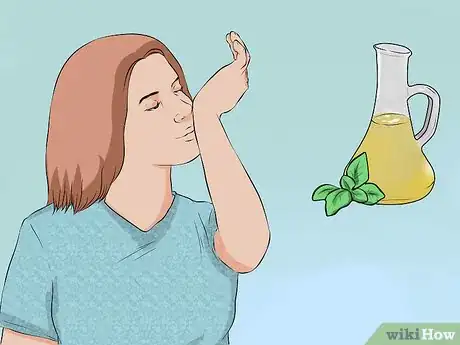
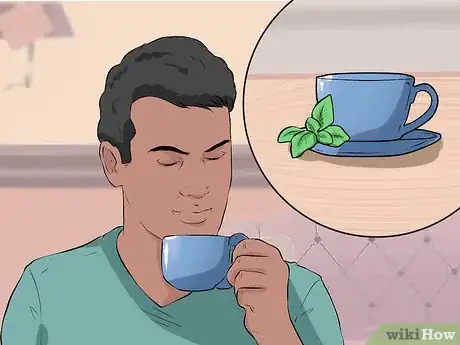


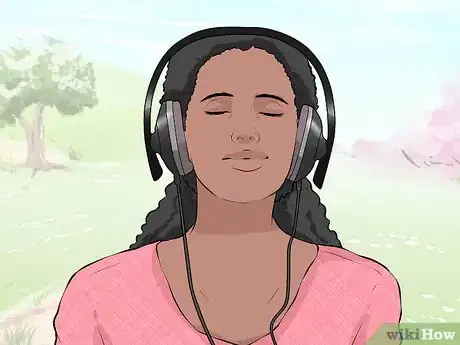
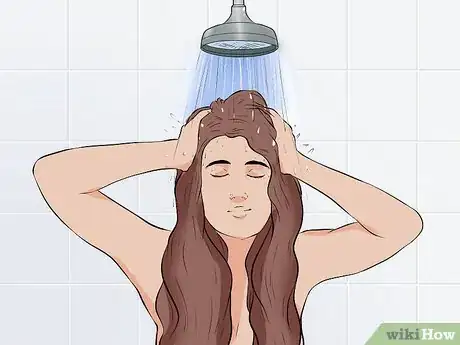
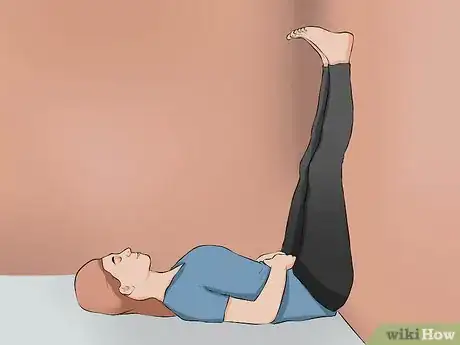
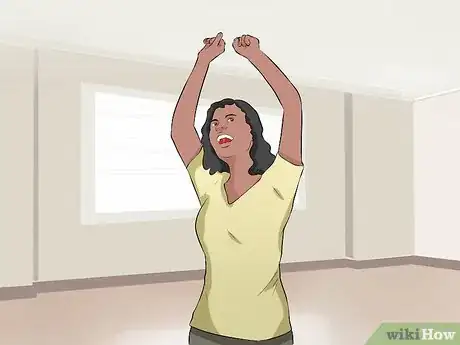
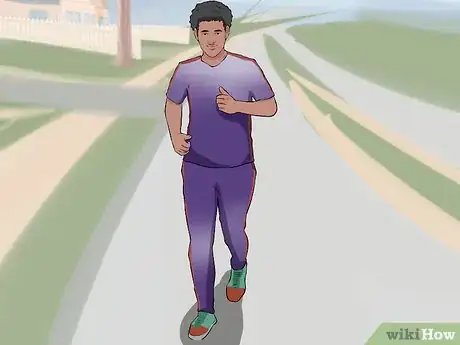
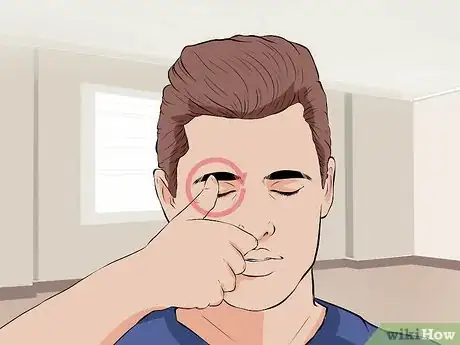
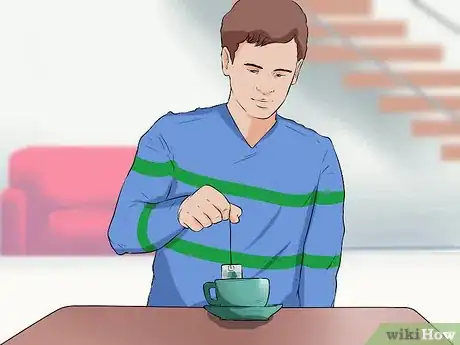
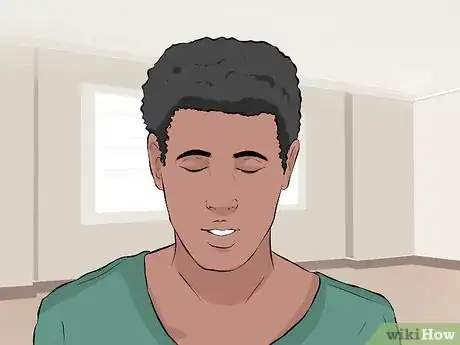
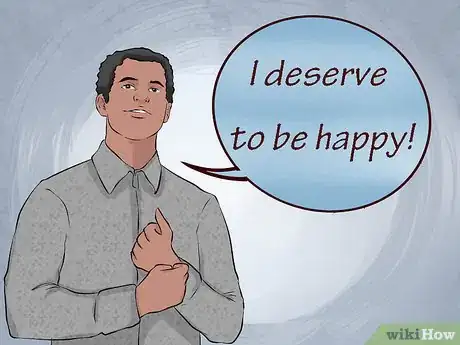

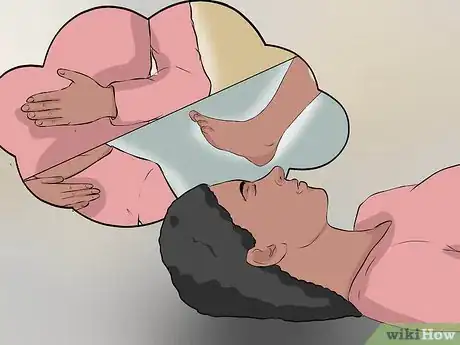





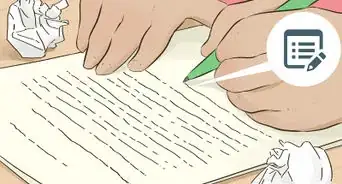


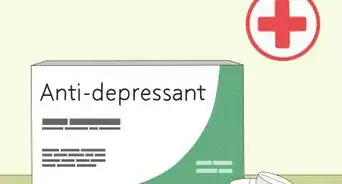

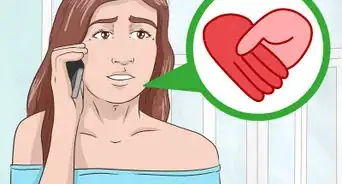


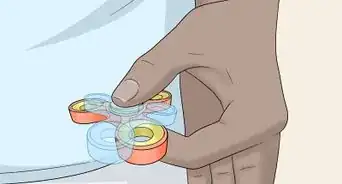

















































Medical Disclaimer
The content of this article is not intended to be a substitute for professional medical advice, examination, diagnosis, or treatment. You should always contact your doctor or other qualified healthcare professional before starting, changing, or stopping any kind of health treatment.
Read More...